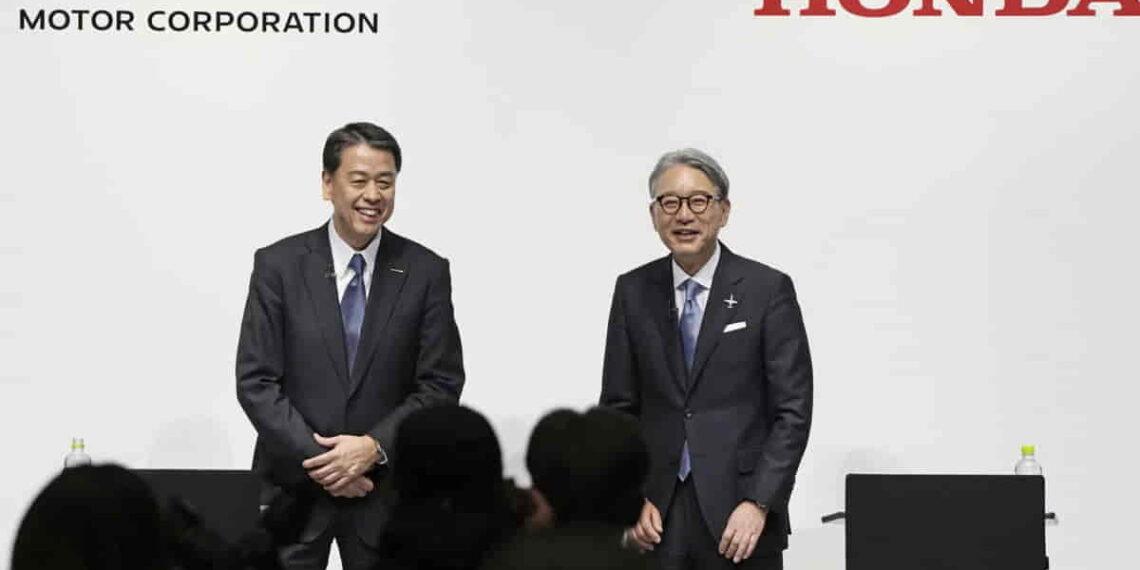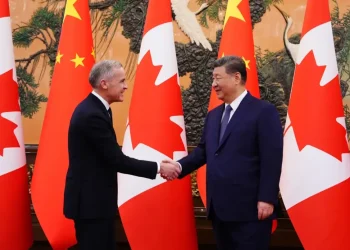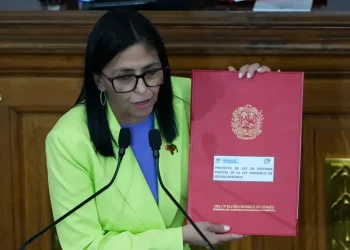Honda and Nissan Announce Merger Plans to Become the World’s No. 3 Automaker
In a bold move to address the rapidly changing automotive industry, Japanese automakers Honda and Nissan have revealed plans to merge, creating the world’s third-largest automaker by sales. This merger, which will also include smaller Nissan alliance member Mitsubishi Motors, marks a significant step in both companies’ efforts to adapt to the transition away from fossil fuels.
The two companies have signed a memorandum of understanding (MOU) and are working toward unifying their operations under a joint holding company. According to Honda’s president, Toshihiro Mibe, Honda will initially lead the new company, ensuring that both brands maintain their principles. The goal is to finalize the merger by June and have the holding company listed on the Tokyo Stock Exchange by August 2026. While the discussions are still in the early stages, Mibe cautioned that there are many points still to be addressed, and the possibility of the merger not going ahead is not out of the question.
A Response to Industry Pressures
The automotive sector is undergoing profound changes, and Japanese automakers, in particular, have been struggling to keep pace with their global competitors in the electric vehicle (EV) market. In addition to aiming for cost savings and operational efficiency, the merger will help the combined company compete against the likes of Toyota and Germany’s Volkswagen. Together, Honda, Nissan, and Mitsubishi could form a $50 billion behemoth with the scale needed to challenge these industry giants.
However, despite the potential for growth, Toyota—having sold 11.5 million vehicles in 2023—would remain the leader among Japanese automakers. The three companies, if merged, would collectively produce around 8 million vehicles annually. Honda produced 4 million vehicles in 2023, while Nissan’s output was 3.4 million, and Mitsubishi produced just over 1 million.
How Technology and Strategy Play a Role
The merger comes after months of collaboration between Honda, Nissan, and Mitsubishi. In August, they announced plans to share components, including batteries for electric vehicles, and jointly research autonomous driving technology. This cooperation follows a preliminary agreement between Honda and Nissan in March, as the companies work to adapt to electrification trends and meet the demands of a fast-evolving market.
Despite the promising collaboration, Nissan has been facing its own challenges. The company has struggled financially following the scandal surrounding former chairman Carlos Ghosn, who was arrested in late 2018 on charges of fraud and misuse of company assets. The company has been reshuffling its management to address these issues, and CEO Makoto Uchida recently took a significant pay cut to assume responsibility for Nissan’s financial troubles.
In November, Nissan announced it would be cutting 9,000 jobs—about 6% of its global workforce—and reducing global production capacity by 20%. This decision followed a quarterly loss of 9.3 billion yen ($61 million). Despite these setbacks, Nissan maintains a strong financial structure, with cash reserves of 1.44 trillion yen ($9.4 billion). This has led some analysts to view the company’s shares as a bargain, and on Monday, its stock gained 1.6%. After news of the merger broke, Nissan’s shares surged by over 20%.
What the Merger Could Mean for the Future
If the merger goes ahead, the collaboration could provide both Nissan and Honda with significant benefits. For Honda, Nissan’s expertise in truck-based SUVs, hybrid technology, and electric vehicles could be crucial in helping the company catch up with the industry’s electrification push. According to Sam Fiorani, vice president at AutoForecast Solutions, Honda could gain access to Nissan’s expertise in large SUVs, including the Armada and Infiniti QX80, models Honda currently lacks.
For Nissan, the merger could help strengthen its competitive position in the electric vehicle market. The combined company could also benefit from economies of scale and the ability to pool resources to address rising costs and market changes.
Industry Consolidation and Global Competition
The move toward consolidation reflects a broader trend in the automotive industry as companies strive to remain competitive in a market increasingly focused on storage batteries and software innovation. At a government briefing, Japan’s Cabinet Secretary Yoshimasa Hayashi emphasized that Japanese companies must adapt to these changes to stay competitive globally.
Though the merger is not guaranteed, both Honda and Nissan view it as a way to enhance their chances in the fast-changing auto market. If successful, the combined company will not only have a competitive edge in the EV sector but also become a force to be reckoned with in the global automotive landscape.
This article was rewritten by JournosNews.com based on verified reporting from trusted sources. The content has been independently reviewed, fact-checked, and edited for accuracy, neutrality, tone, and global readability in accordance with Google News and AdSense standards.
All opinions, quotes, or statements from contributors, experts, or sourced organizations do not necessarily reflect the views of JournosNews.com. JournosNews.com maintains full editorial independence from any external funders, sponsors, or organizations.
Stay informed with JournosNews.com — your trusted source for verified global reporting and in-depth analysis. Follow us on Google News, BlueSky, and X for real-time updates.














